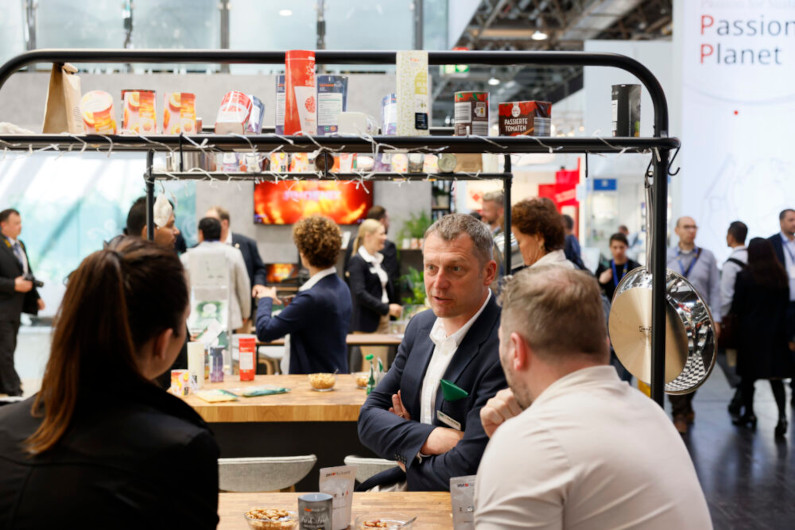
In 2026, a full-scale installment of interpack returns. The organizers announced the exhibition space is now fully booked, more than one year ahead of the show. Some 2,800 exhibitors from all around the world will come to Düsseldorf.
“Packed halls, high-impact presentations, genuine innovations: anticipation is building for the sector’s no. 1 event. If you’ve missed the registration deadline, I can only encourage you to get in touch with us again,” says Thomas Dohse, Director of interpack. “Floor planning is still in flux. We are examining each request individually and trying to find the right solutions.”
Interpack is planning its exhibitor mapping on eight main specialty areas: food, beverages, confectionery, baked goods, pharmaceuticals, cosmetics, non-food and industrial goods sectors.
In addition, the expansive section at the heart of interpack – packaging materials and packaging goods – along with machines for labeling and marking, production of packaging materials and integrated packaging printing, are brought together in their own halls. On top of this, the accompanying suppliers’ trade fair – ‘components’ – will have two halls of its own for the first time.
Responses to international challenges
Digitalization, resource prices, supply chains, new regulations, altered consumer behavior and the call for more sustainability – these are some of the main topics with an impact on the sector and changing business models and production processes. At interpack, solutions addressing each will be presented, and sustainable, efficient and safe packaging and process methods will showcased.
Hot Topics
In order to meet these challenges, interpack 2026 particularly focuses on forward-looking topics. The Hot Topics in 2026 are: Smart Manufacturing, Innovative Materials and Future Skills, the organizers anticipate.
The significance of these topics is underlined by Markus Rustler, President & CEO at Theegarten-Pactec and President of interpack 2026: “The sector is being shaped by two central trends: sustainable packaging solutions such as cellulose-based or monomaterials, plus rising automation, also in order to reduce dependency on qualified personnel in certain fields. Something is becoming evident at the same time: well-trained employees remain crucial. The main thing companies can do to stand out is offer their employees meaningful tasks that allow them to make a genuine impact.”
Photo: interpack 2023. Credit: Messe Duesseldorf, Constanze Tillmann


